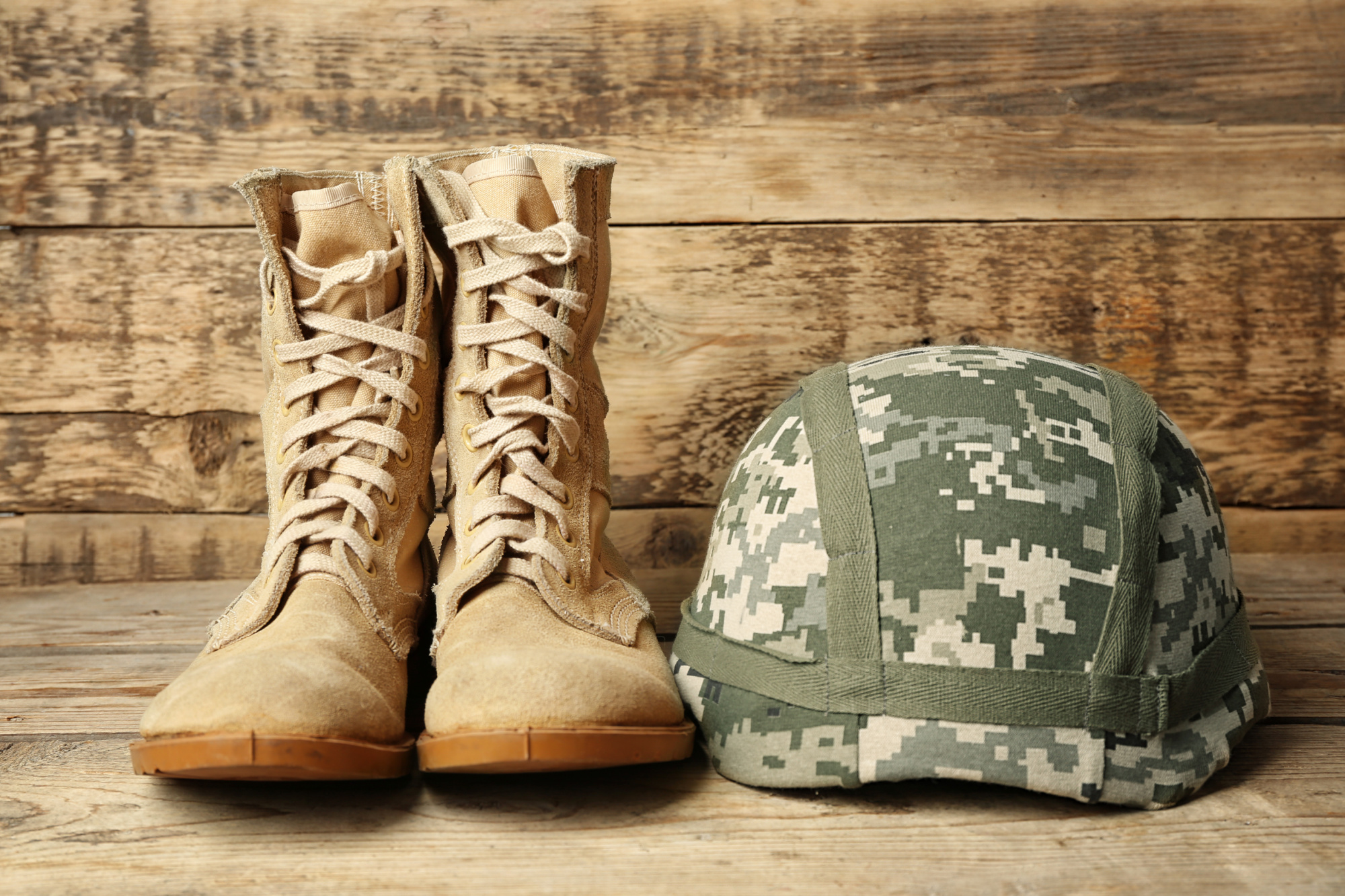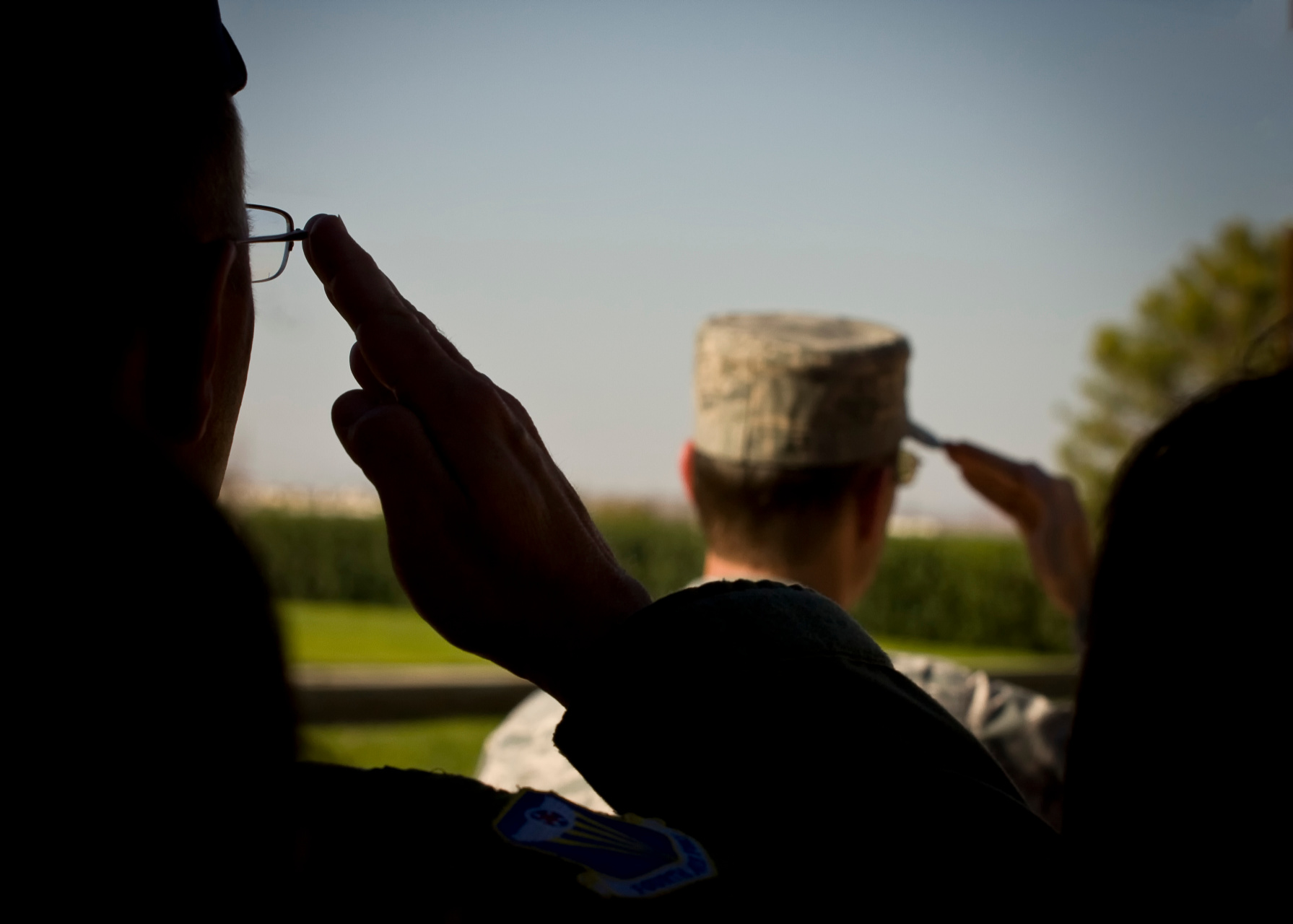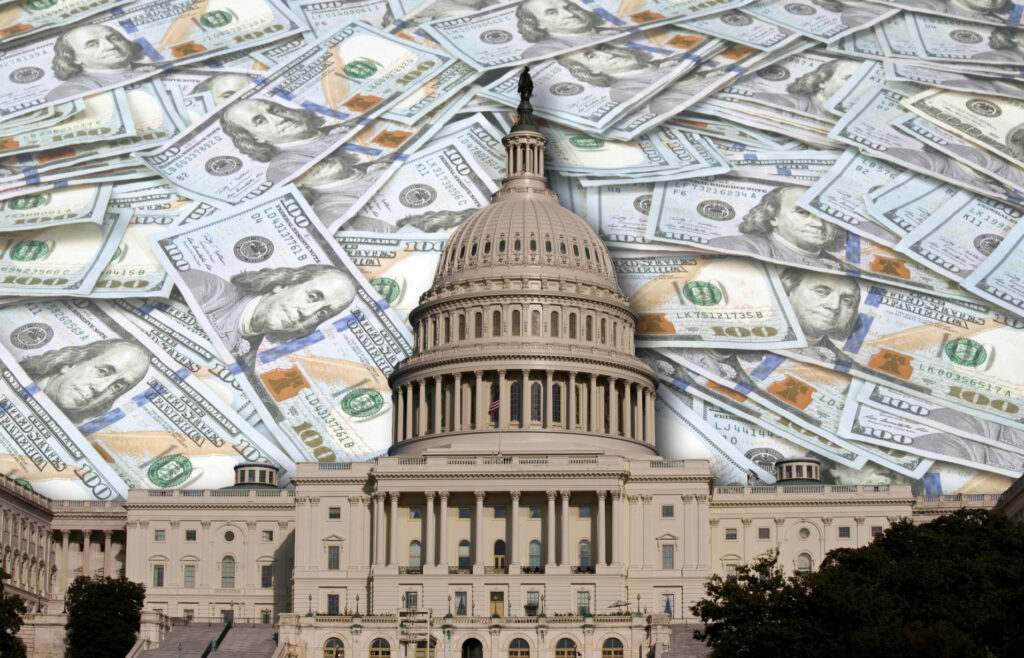
Once again, our world finds itself on the brink of crisis. History has a way of repeating itself, and shame on us for failing to recognize that fact. Though the cast of players changes, the storyline remains the same: powerful nations vying for dominance—driven by political and religious ideologies—while destabilizing others through proxy extremist organizations.
The great President Ronald Reagan once wisely said, “Trust, but verify.” He used this phrase during arms control negotiations with the Soviet Union, a sentiment that came to define the Cold War era. Reagan’s words were a reminder that caution and verification are essential, even when diplomacy is in play.
More than a quarter-century later, the same geopolitical bad actors continue to sow chaos and undermine independent nations. Nowhere is this more apparent than in the ever-escalating tensions between Israel and Iran. In a June 25, 2025 opinion piece in The New York Times, former Secretary of State Antony Blinken criticized President Trump for taking preemptive military action against Iran’s uranium enrichment efforts. Blinken also faulted Trump for withdrawing from the Joint Comprehensive Plan of Action (JCPOA) in 2018 and failing to re-enter the agreement during his second term.
But here’s what Blinken doesn’t say: he and the Biden administration had four years to reinstate the JCPOA, and they didn’t. If the deal was so great, why didn’t they bring it back when they had the chance?
Blinken praises the Obama-era development of the Massive Ordnance Air Blast (MOAB) bomb but simultaneously casts doubt on its effectiveness against Iran’s nuclear ambitions. He even goes so far as to claim that the Biden administration “set the table” for President Trump to negotiate a new nuclear deal, saying, “I wish that he had played out the diplomatic hand we left him.” What the Biden administration really left behind was a shitstorm: crumbling credibility in Central Asia following a disastrous withdrawal from Afghanistan, which cost the lives of thirteen American service members.
The truth is, Iran’s leadership cannot be trusted. Recently declassified military intelligence reveals that Iran has provided weapons and support to Hezbollah, the Houthis, and Hamas. They are directly responsible for the deaths of over a thousand American service members in Iraq and Afghanistan, and for thousands more suffering from amputations, traumatic brain injuries, and PTSD. Iran has armed its proxy fighters with Improvised Explosive Devices (IEDs) and Explosively Formed Penetrators (EFPs) specifically designed to maim and kill. Reports even confirm that Iran paid Taliban fighters $1,000 for every American soldier killed in Afghanistan.
In 2007, General David Petraeus, then the U.S. commander in Iraq, made it clear that he had evidence of Iran supplying weapons, training, and financial support that resulted in American casualties. So I ask: why would we trust anything Iran says?
While the U.S. continues its efforts to stabilize the Middle East, China is quietly expanding its influence. Knowing that America is distracted, China is investing billions into weaker nations, buying land and infrastructure while securing long-term economic leverage. I’ve seen this firsthand. In Tajikistan, China has poured money into massive development projects in the capital, Dushanbe—skyscrapers, roads, and more.
Meanwhile, Russia maintains a military presence in Tajikistan by maintaining a base in country. Tajikistan is a critical strategic partner for the U.S., and it holds the second-largest reserves of rare minerals like antimony, lithium, tungsten, and nickel.
Thankfully, the U.S. embassy in Dushanbe, led by my good friend Ambassador Manuel Micaller, Jr. and his exceptional team, continues to strengthen U.S. engagement in the region. They work hand in hand with the U.S. National Guard’s State Partnership Program, who’s partner is Virginia’s own 29th Infantry which provides valuable training and resources to Tajikistan’s military and plays a key role in countering extremist threats along the Afghan border. The Tajiks have not forgotten Iran’s role in fueling their brutal civil war (1992–1997), which cost between 20,000 and 150,000 lives and displaced over a million people.
As instability in the Middle East grinds on, let us remember the words of Maya Angelou: “When people show you who they are, believe them the first time.” And let us not forget President Reagan’s timeless wisdom: “Trust, but verify.”
RECENT















